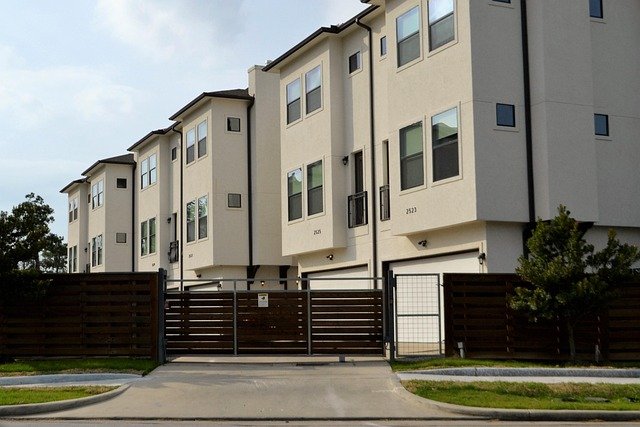Agile Real Estate: A Strategic Approach in a Volatile Market
The real estate market is a labyrinth of complexities and contradictions. It's an arena rife with high-stakes decisions, uncertain outcomes, and vast potential rewards. Against this backdrop, an emerging strategy, Agile Real Estate, is gaining traction. Agile Real Estate is not just another buzzword; it's an innovative approach that offers a dynamic response to the ever-changing nature of the property market.

Embracing Uncertainty: The Birth of Agile Real Estate
The concept of Agile Real Estate emerged from the need for more flexibility and adaptability in the property market. Traditional real estate methods often involve long-term commitments and rigid structures, which can be problematic in an unpredictable market. Agile Real Estate, on the other hand, focuses on short-term leases, flexible space utilization, and constant adaptation to market changes.
The Market Pulse: Current Trends in Agile Real Estate
Agile Real Estate is becoming increasingly popular in today’s volatile market. The uncertainty brought about by socio-economic shifts, political changes, and technological advancements has led many investors and property owners to seek out more adaptable strategies. Agile Real Estate, with its flexible leases and modular spaces, provides an answer to these challenges.
The Strategy Unpacked: Pros and Cons of Agile Real Estate
There are several benefits to Agile Real Estate. Firstly, it allows for flexibility in the face of market changes, reducing the risk of long-term commitments. Secondly, it promotes efficient space utilization, catering to the changing needs of tenants. However, it also has its drawbacks. Short-term leases may result in higher turnover rates, and the constant adaptation to market trends can be resource-intensive.
The Future Forecast: Impact of Agile Real Estate on the Market
Agile Real Estate has the potential to significantly reshape the property market. It could lead to a shift away from the traditional long-term lease model, towards a more flexible, tenant-centric approach. This could impact property values, investment strategies, and the dynamics between landlords and tenants.
The Bottom Line: Is Agile Real Estate the Way Forward?
Agile Real Estate provides a compelling alternative to traditional property strategies. Its emphasis on adaptability and flexibility makes it well-suited to the current volatile market. However, like any investment strategy, it’s not without its challenges. Those considering Agile Real Estate should carefully weigh up its pros and cons, and consider their own tolerance for risk and change.
The realm of real estate is constantly evolving, and strategies that worked in the past may not be as effective in the present or future. Agile Real Estate is a response to this, offering a dynamic, flexible approach to navigating the property market. Although it’s not without its challenges, it’s a strategy that could reshape the way we approach real estate investment.




